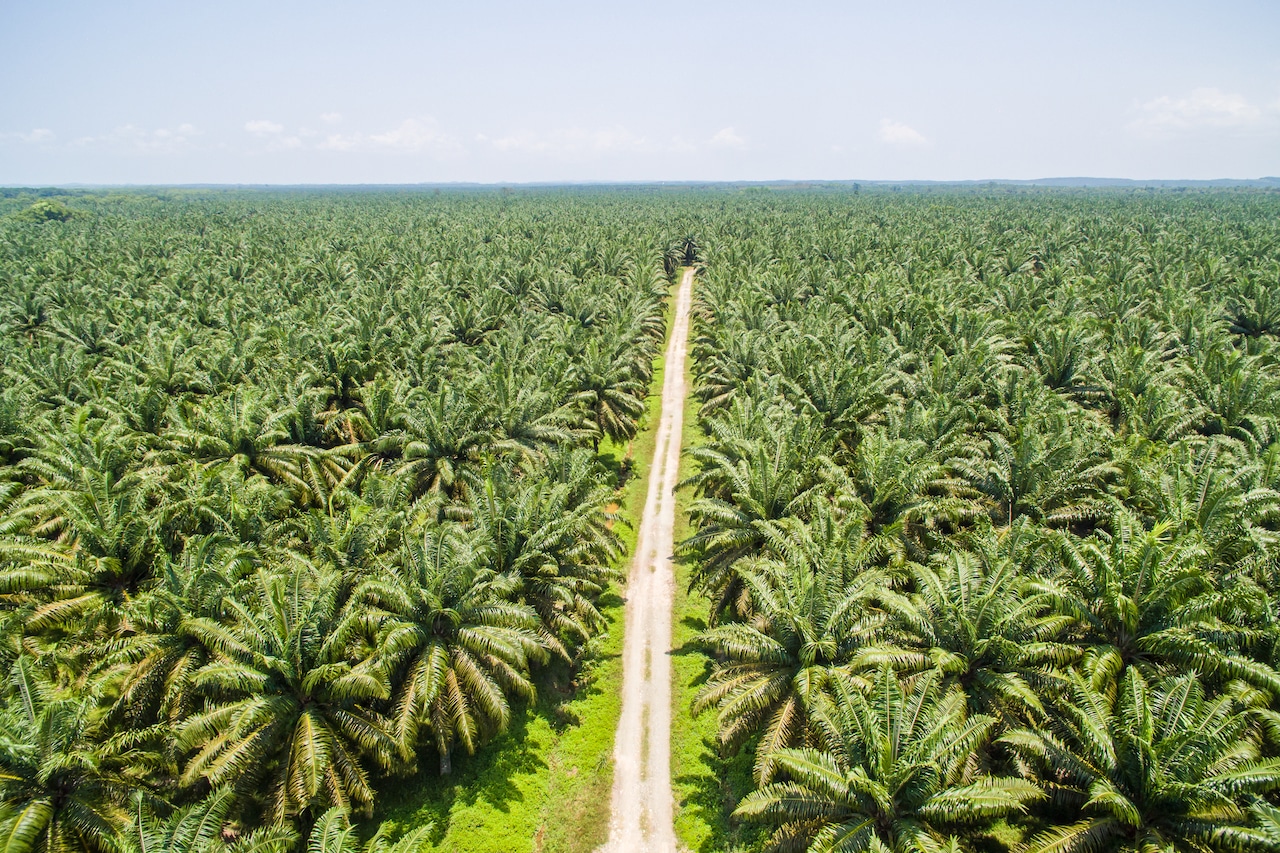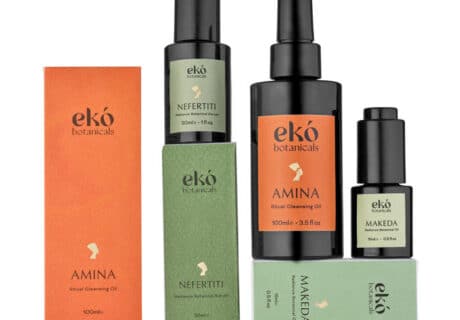Consumer goods giant Unilever is piloting new blockchain technology by German software corporation SAP to help it increase traceability and transparency within its palm oil use.
Unilever hopes that SAP’s new technology, GreenToken, will enable it to strengthen traceability within the challenging ‘first mile’ of the palm oil supply chain, when raw materials can become mixed with non-verified sources, leading to origin information being ‘lost or hidden’.
Andrew Wilcox, senior manager, sustainable sourcing and digital programmes, Unilever, explains: “This technology absolutely can help Unilever and partners to manage the complexities that come from very long supply chains – particularly for crops that are at risk of being linked to deforestation – by providing additional transparency to the movement of the commodity and visibility of its unique attributes.”
In Indonesia, Unilever has conducted a ‘successful proof of concept’, applying GreenToken to the sourcing of more than 180,000 tons of palm fruit. The tech solution has allowed the multinational to track, verify and report ‘in near real-time’ the origins of that palm oil and the journey it takes along a complex supply chain.
We want to bring the same traceability and supply chain transparency to bulk raw materials that you get from scanning a … QR code on any consumer product
GreenToken by SAP co-founder and general manager, Nitin Jain, comments: “With GreenToken we want to bring the same traceability and supply chain transparency to bulk raw materials that you get from scanning a bar or QR code on any consumer product. Our solution allows companies to tell what percentage of palm oil products they purchased is from a sustainable origin and track it to the end consumer product.”
Wilcox again: “By working with GreenToken by SAP we can capture data about the commodity, including the conditions under which it was grown or harvested. Then we build on it to capture supply chain information and pass [this] down our supply chain intact through digital tokens. Giving every physical unit of a commodity its own data attributes enables a virtual segregation’ of data even in long, complex supply chains where commodities may be commingled – for example, crops that are sustainably sourced mixed with those that are not.
‘Our work with GreenToken by SAP, and projects with other partners, will give us much richer data about the commodities that are entering our supply chain – from sourcing origins to biodiversity in crop growing regions and more.”
Unilever is initially focusing its efforts to end deforestation on its supply chains for palm oil, cocoa, soy, tea, paper and board; with an agricultural footprint of three million hectares, these commodities make up 65% of Unilever’s total impact on land.





